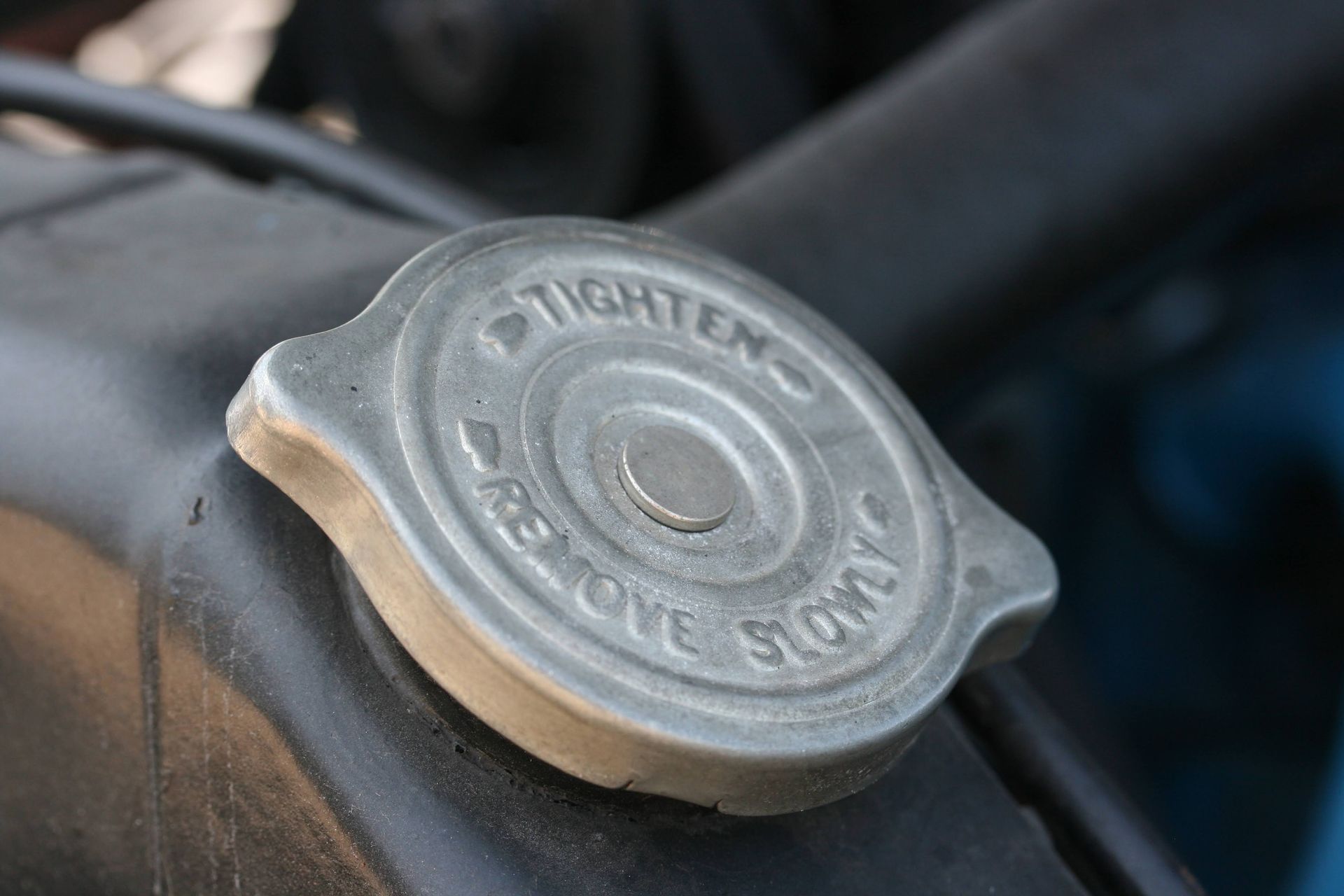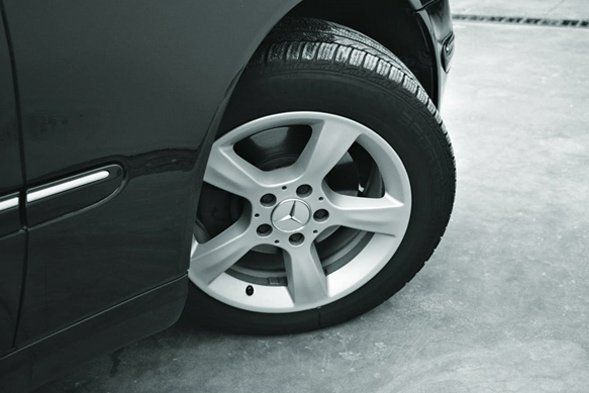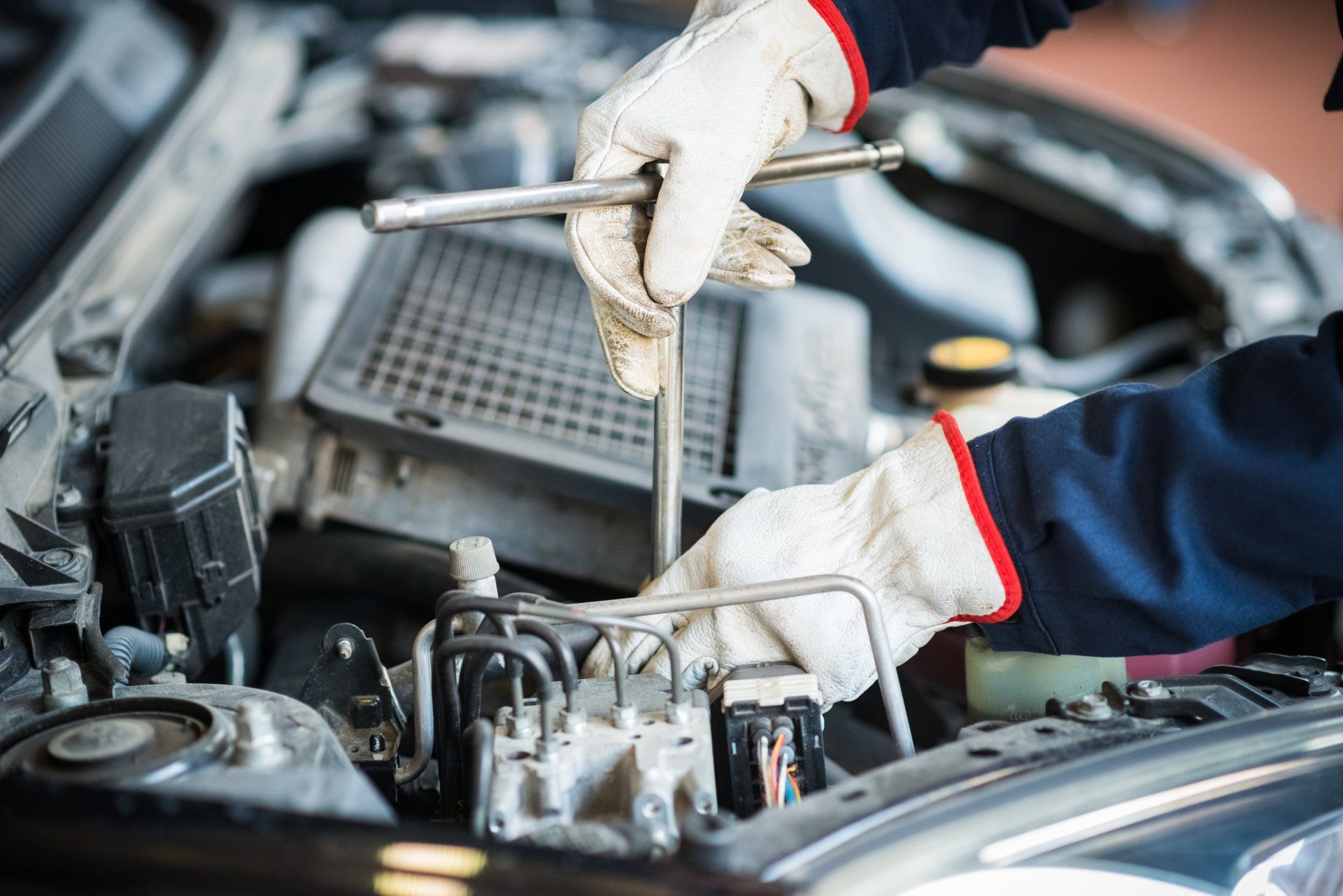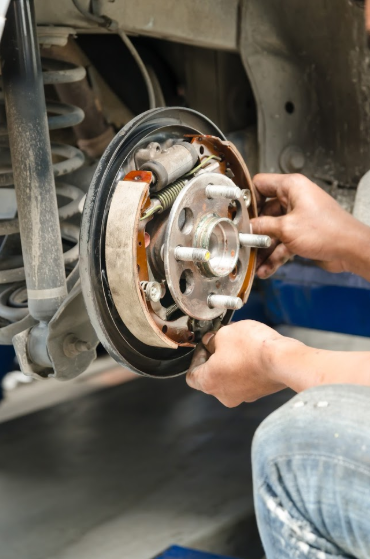Watch Out for These Common Air Conditioner Problems
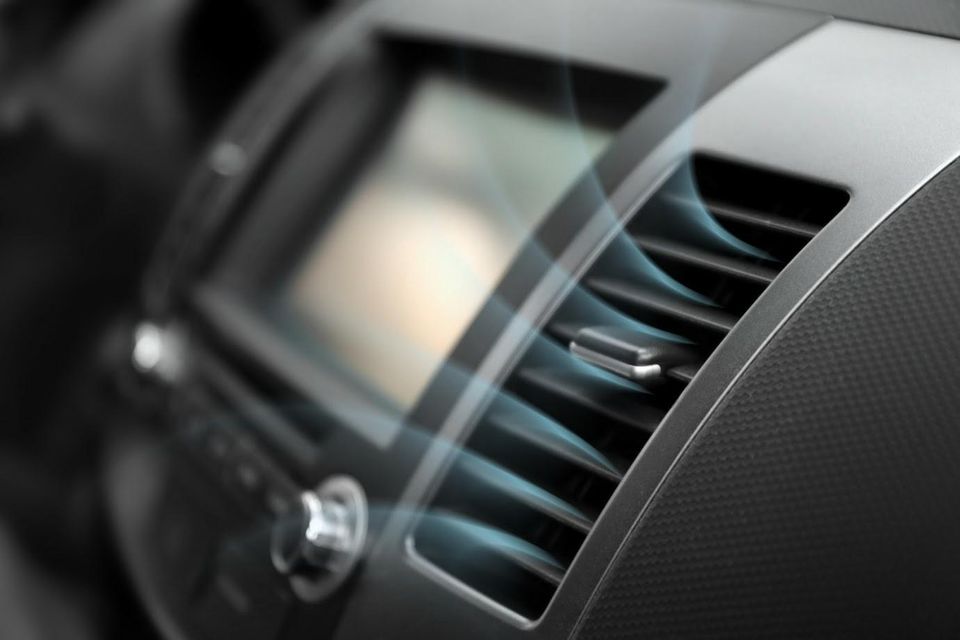
Mold or Mildew Infiltration in the Air Vents
As an air conditioner cools warm air, some of the air condenses into water. This water may land in your vents or evaporator drain tube and linger there long enough to grow mold. Mold infiltration in an air conditioning system creates the same musty smell as it does in the home. It may also trigger allergic reactions.
You may encounter a similarly musty smell due to the presence of bacteria. Like mold, mildew thrives on moist surfaces such as evaporators. The older the car, the more bacteria its evaporator and drain tube may harbor.
The first to combat this unpleasant issue involves locating where the mold or mildew is hidden. Your technician may then apply anti-bacterial or anti-fungal treatments directly to the evaporator surfaces. Your blower ducts or drain tube may also need to be thoroughly cleaned with these products.
Faulty Switches and Relays
Sometimes a car air conditioner will seem to work for brief periods before it loses cooling power and finally blows nothing but warm air. This on-and-off performance may stem from a switch, relay, or other component that has started to fail intermittently.
These failures may occur simply because the electrical system has stopped feeding them consistent power. For instance, electrical issues may affect connections with the compressor clutch, compressor clutch relay, AC control switch, or low-pressure cutout switch. (Of course, direct failure in any of these structures can also cause loss of cooling.)
Your air conditioner can only function properly when it receives the proper instructions and data. If your air conditioner works only some of the time or never works at all, diagnostic testing may reveal that you need a new temperature sensor or control module.
Refrigerant Leaks
An air conditioner can't refrigerate air without refrigerant. Refrigerant commonly leaks at a very slow rate through tiny holes in air conditioner hoses and seals. When the leakage seriously lowers your refrigerant level, however, you will notice that your car never gets as cool as it once did, even at maximum power.
Less commonly, an air conditioner fitting, seal, or hose can experience a total failure all of a sudden. When this happens, you may hear a hissing noise or even see white smoke emerging from beneath the hood.
If testing doesn't reveal any major problems in your hoses or seals, you may simply need to refill the system's refrigerant to a normal level. If you have a significant leak anywhere in the system, you must get that part repaired or replaced before you can get any long-term benefit from fresh refrigerant.
Compressor Failure
When the compressor in your car's air conditioning system develops a problem, the system can no longer move refrigerant through it under the proper pressure, which makes cooling impossible. Unlike some other air conditioning problems, a bad compressor will alert you to its condition with strange noises.
Compressors depend on moving parts such as belts and bearings to help them perform their essential functions. When one of these components fails, the resulting friction will often create a loud squealing or grinding noise. When these symptoms occur alongside a loss of cooling ability, suspect the compressor parts.
Car air conditioners can develop some confusing problems, but our auto shop can help. Contact C. R. Smith Radiator & Auto Repair to learn more.



